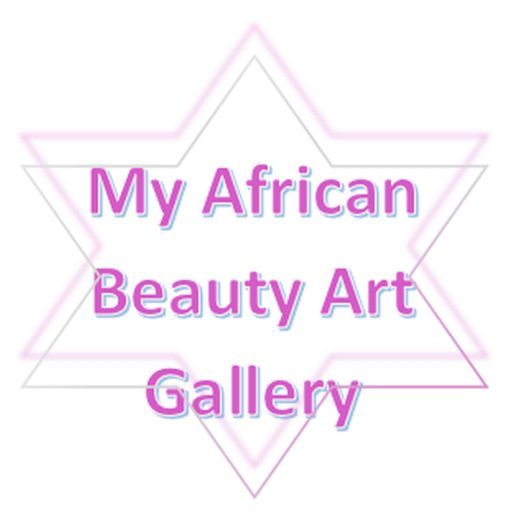South Africa
INFO
CAPITAL
Pretoria
POPULATION
55,380,210 (July 2018 est.)
CLIMATE
Subtropical to Temperate
CURRENCY
13.67 rands (ZAR) = 1 USD (2012 est.)
IMPORTANT CITIES
Cape Town, Johannesburg, Durban
AREA
1,219,090 sq.km.
PEOPLE
NATIONALITY
South African
MAJOR PEOPLES
San, Zulu, South Sotho
RELIGION
Christian 86{a1a33444ee922ad961904607c501cbe84d9cddb45266103b20616805d66fa906}, ancestral, tribal, animist, or other traditional African religions 5.4{a1a33444ee922ad961904607c501cbe84d9cddb45266103b20616805d66fa906}, Muslim 1.9{a1a33444ee922ad961904607c501cbe84d9cddb45266103b20616805d66fa906}, other 1.5{a1a33444ee922ad961904607c501cbe84d9cddb45266103b20616805d66fa906}, none 5.2{a1a33444ee922ad961904607c501cbe84d9cddb45266103b20616805d66fa906} (2015 est.)
LITERACY
94.4{a1a33444ee922ad961904607c501cbe84d9cddb45266103b20616805d66fa906}
PRINCIPAL LANGUAGE
Xhosa, Zulu, Sotho, English, Afrikaans
OFFICIAL LANGUAGE
Afrikaans, English and nine others
POLITICS
HEAD OF STATE
Matamela Cyril Ramaphosa (since 15 February 2018)
TYPE OF GOVERNMENT
Parliamentary Republic
DATE OF INDEPENDENCE
April 27, 1994
MAJOR EXPORTS
Gold, Diamonds, Platinum, Metals, Minerals, Machinery and Equipment
PRECOLONIAL HISTORY
Ancestors of Khoisan-speaking peoples, including San and Khoikhoi ethnic groups, inhabited South Africa in the Paleolithic era. Bantu-speaking peoples migrated to the Transvaal region during the first millennium BCE, and Nguni-speaking peoples, including Xhosa and Zulu groups, later settled along the Limpopo river near the coast. An extensive trading network developed between South African kingdoms and Muslim merchants, exchanging gold and ivory for products from as far away as China. In 1488, Portuguese navigator Bartolomeu Dias became the first European to sail around the southernmost point of Africa, and named it Cabo da Boa Esperança—the Cape of Good Hope. Portuguese explorer Vasco da Gama led an expedition to the region in 1497. Dutch and English traders arrived in the late 16th century. The Dutch East India Company established Cape Colony in 1652, but ceded it to Britain in 1806. The Dutch also were joined by French Huguenot and German colonists, whose descendants collectively form today’s Afrikaner population. The Zulu Kingdom rose to prominence during the early 19th century under its leader, Shaka, who conquered and consolidated territories between the Drakensburg Mountains and the coast until his assassination in 1828. In the 1830s, Afrikaner farmers known as Boers became dissatisfied with British rule and the abolition of slavery. The farmers migrated north on the so-called “Great Trek” to establish the Orange Free State and the Transvaal. These Boer republics became self-governing British colonies after a series of wars and rebellions, and Britain relinquished its authority in South Africa in 1931.
POSTCOLONIAL HISTORY
Founded by Afrikaner nationalists, the National Party (NP) came to power in 1948. The NP enforced apartheid, a policy of white dominance and racial segregation that led to the imprisonment of Nelson Mandela and other anti-apartheid leaders. After apartheid was dismantled under President F. W. de Klerk, Mandela was released and elected president from 1994—1999. He was succeeded in office by Thabo Mbeki, who resigned in 2008 after a corruption case scandal. Mbeki’s successor, Jacob Zuma, remains in office. South Africa continues to suffer from poverty, unemployment, and the world’s highest HIV infection rate at nearly 20{a1a33444ee922ad961904607c501cbe84d9cddb45266103b20616805d66fa906} of the population, although the country has experienced growing prosperity in recent decades.
